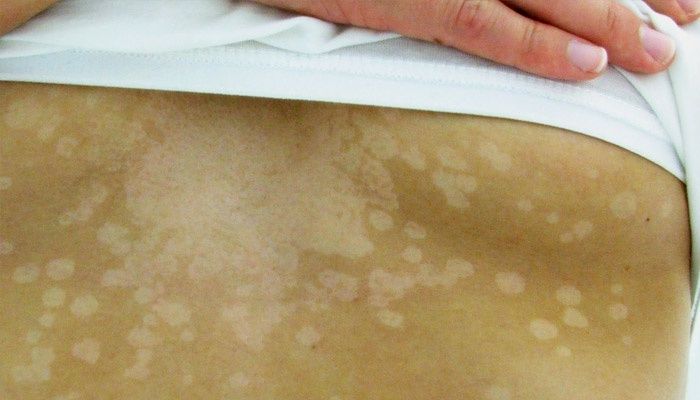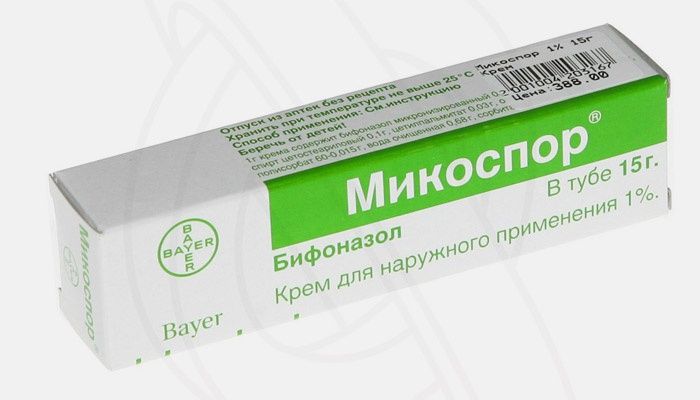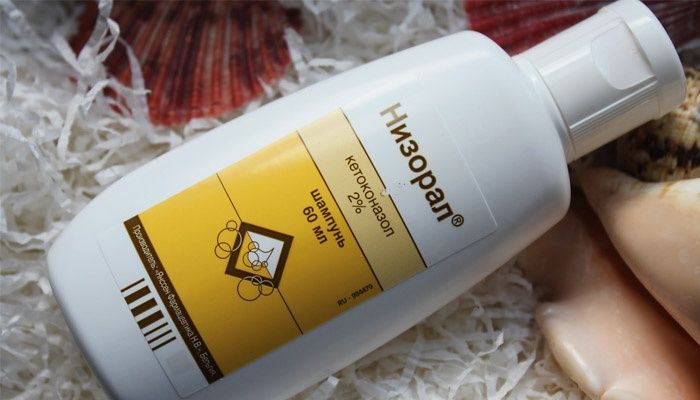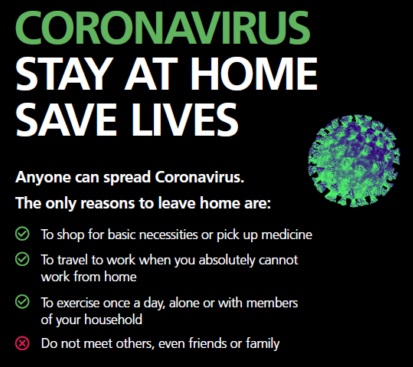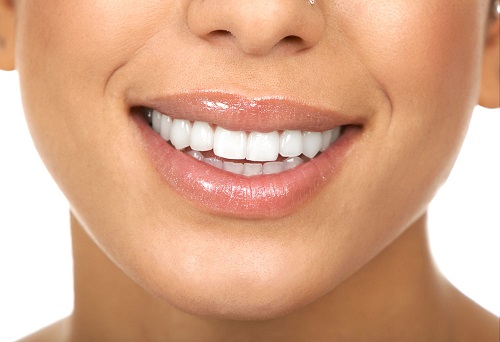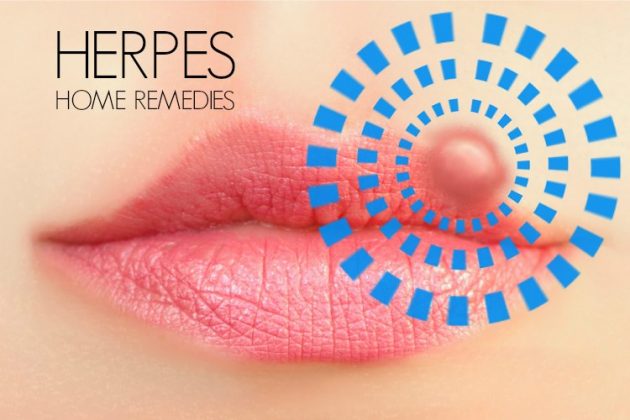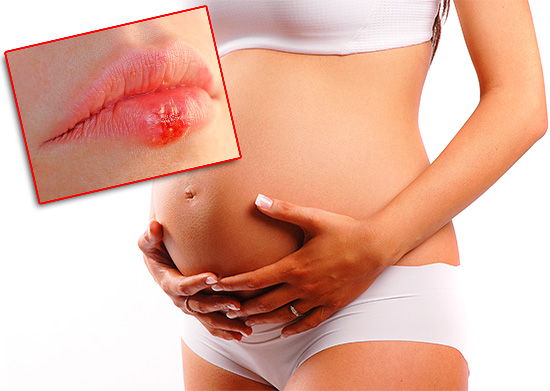Content
With the appearance of a fungal infection on the skin, the quality of human life decreases, causing physical and aesthetic discomfort. Damage to the surface layer of the skin by fungus refers to dermatomycosis. One of these infections is multi-colored lichen in humans. What do you know about this ailment? The instructions below will help you understand the causes and treatments for skin disease..
What is lichen in humans
Pityriasis versicolor versicolor is a disease that affects the upper stratum corneum of the skin, nails and hair cuticle. For a person’s life, a disease is not a threat; it only worsens the quality of life, causing some inconvenience. Color deprivation during pregnancy for the mother and child is also not dangerous. The infection is characterized by the absence of serious inflammation, while it has several synonyms, such as sun fungus or beach disease.
Symptoms
Blooming lichen manifests itself in the following signs:
- At the locations of the sebaceous glands spots appear on the skin, similar to lichen. Specific areas of inflammation: chest, abdomen, back, head, armpits. No spots appear on the skin of the feet and palms.
- Over time, yellow spots on the skin become brown, and clear boundaries develop slowly, which leads to the formation of extensive lesions.
- If you slightly scrape the affected skin, then the scales detach from its surface.
- Itchy skin feels itchy.
- The distinctness of the spots is increased in the summer due to exposure to ultraviolet light on the skin, which increases pigmentation in unaffected areas, and the foci themselves remain pale against the background of the rest of the surface. This is facilitated by a fungus that produces azelaic acid, which blocks pigment synthesis by melanocytes..
Reasons for the appearance
In the human body, the fungus malassezia furtur is present. Before the onset of favorable conditions for its development, the pathogen does not show any signs, therefore, it does not cause harm. The disease receives an impetus for development due to increased sweating and the specific composition of sweat, a violation of the natural process of exfoliation of the skin or an individual predisposition of the body.
Colored lichen appears in men and women mainly at a young age. It is less common in children, but even in such cases, the disease is the accompaniment of more severe pathologies, such as diabetes, tuberculosis, and vegetoneurosis. Multi-colored lichen is infectious or not? It is noted that the “catch” the disease can be when using items of hygiene of the patient.
What does it look like
Color lichen looks like multi-colored spots with clearly defined borders. This is clearly visible in the photo. Lesions with an asymmetric shape appear even in the armpits. Small scales flake off damaged surfaces. As the disease progresses, the spots merge with each other, increasing the lesion lesions.
How to treat lichen color at home
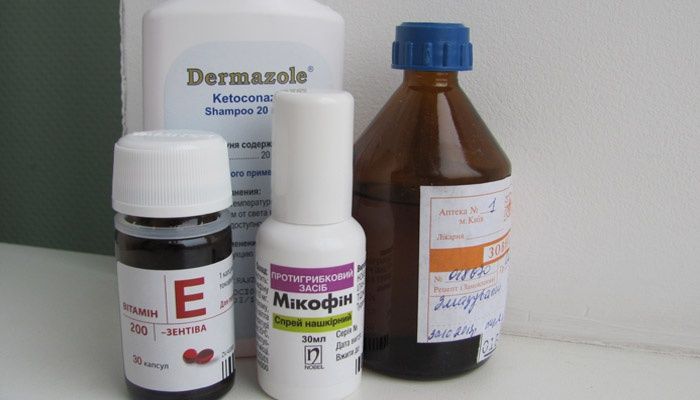
Before starting treatment depriving a person, you need to have an accurate diagnosis, which only a specialist dermatologist can establish. After determining whether the patient has lichen or not, the doctor prescribes medicines in the form of ointments, tablets and shampoos. In addition, traditional medicine methods also help to cure the disease. Below you can find the popular drugs used in the treatment of multicolor versicolor..
Folk remedies
How to cure versicolor lichen? Try the following recipes for folk remedies:
- Tincture of calendula. To do this, take the flowers of the plant and alcohol or vodka in a ratio of 1: 5. Insist in a dark place for about a week. Wipe tincture of damaged skin up to 3 times per day.
- Onion or burdock juice. Take 2 heads of onions. Grind them, strain the juice through cheesecloth and rub their skin three times a day. Perform procedures in a 2-week course. Instead of onions, you can use burdock leaves.
Drugs
Medicines prescribed to patients with color lichen are presented in several forms:
- Topical topical preparations: cream, ointment, spray, solution, for example, Mikospor, Bifosin, Clotrimazole, salicylic lotions, gels and shampoos.
- Complex antifungal drugs in the form of tablets: “Ketoconazole”, “Itraconazole”, “Fluconazole”, “Diflucan”.
Pills
How to bring color lichen? To quickly and permanently get rid of the problem, the following tablets are used:
- “Ketoconazole.” Indications are varieties of mycosis. Take 1-2 tablets every day. Recommended to drink acidic drinks.
- Diflucan. Indications for use are mycoses of the skin and hair. It is necessary to take 50 mg per day for half an hour before eating for 2 weeks.
Ointment
For external treatment, use ointments and creams:
- “Mikospor”. Apply an antifungal agent to damaged skin with a thin layer before bedtime..
- “Clotrimazole.” Antifungal cream should be applied to cleaned and dried skin up to 3 times a day. The layer should not be too thick, smear recommended massaging movements.
Shampoos
In case of damage to the scalp, use effective shampoos:
- “Nizoral.” Within 5 days you need to apply shampoo on a wet head, rinse off after 3-5 minutes of exposure to funds on the head.
- “Sebozol.” The course of treatment is 14 days. It is necessary to rub the exposure into damaged areas while taking a shower. After 5-7 minutes, you can wash off the product.
Skin diseases are not so dangerous for a person, but the discomfort that they cause does not improve the quality of life. For this reason, doctors can offer entire complexes of drugs in the form of tablets, shampoos, creams or ointments. To learn more about the treatment regimens for multi-colored lichen in humans, see the useful video below..
Treatment Reviews
Natalie, 25 years old: I have a hereditary predisposition to multi-colored lichen. She no longer knew how to deal with him – her whole head was covered with scales. The pharmacist advised Nizoral shampoo. I began to use it only – it helps. Recommend.
Sofia, 30 years old: Due to ointments, I get irritation on my skin, so I had to resort to pills. The doctor said the most effective are Ketoconazole. After a week of use, the symptoms decreased, the itching went away. I can recommend to use.
Alex, 35 years old: Since adolescence, I suffer from chronic color deprivation. Mostly by winter it begins to aggravate. For myself, I have already identified several effective agents: Diflucan tablets and Clotrimazole cream. I use the first as a last resort – relief occurs in one day. I advise.






